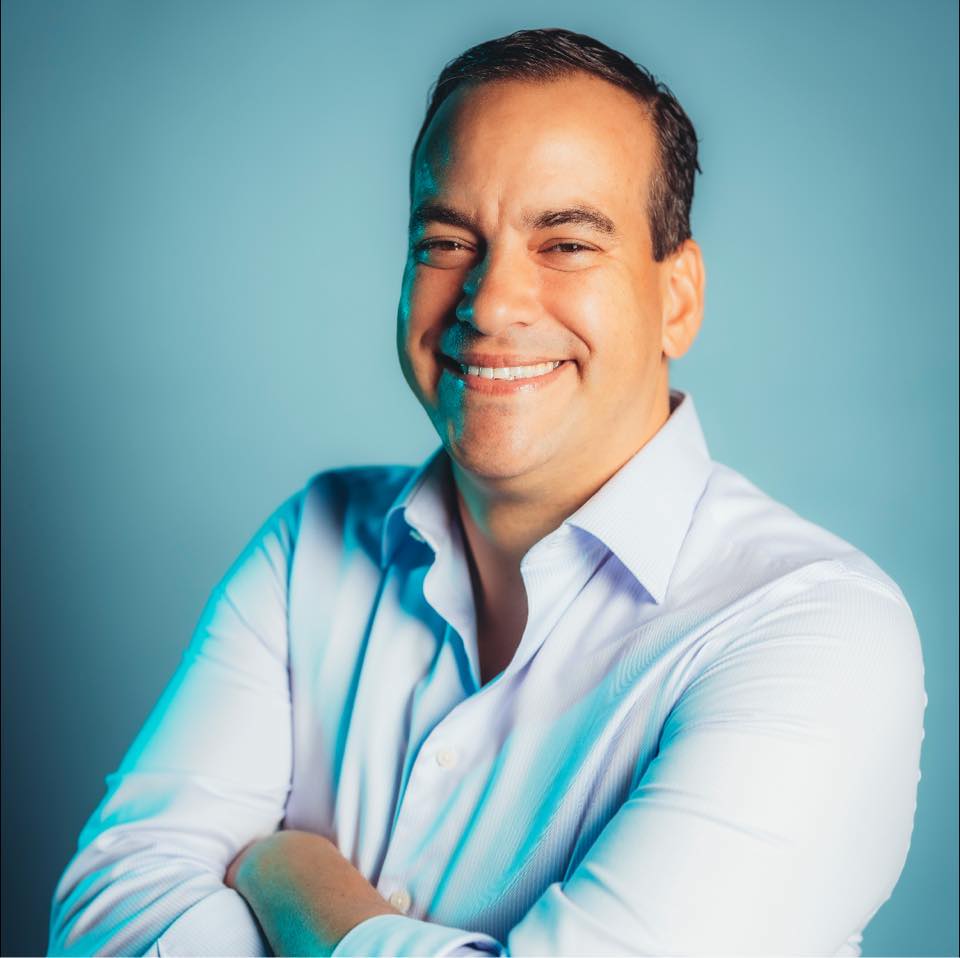
Geoffrey Wever, the former Minister of Economic Affairs, Communications and Sustainable Development, is at the center of political discussion in Aruba following his departure from the Raiz Party and his subsequent affiliation with the Futuro Party. This strategic move has generated both enthusiasm and skepticism among political analysts and the public, raising important questions about political loyalty, strategic action and the future of the island's governance.
The Departure from Raiz
Wever's departure from Raiz, a party known for its focus on sustainable development and progressive policies, marked a turning point in his political career. Raiz, which had positioned itself as a relatively new but promising voice in Aruban politics, thanked Wever for his role but subtly indicated internal differences. Some within the party suggested that disagreements over party strategies or policy priorities contributed to Wever's decision.
The departure of a prominent figure like Weaver could have major consequences. It not only challenges the stability of the party, but also raises questions about its ability to maintain cohesion among members and cope with complex political situations.
Joining Futuro and the Dual Leadership Model
Shortly after leaving Raiz, Wever joined the Futuro party, a move that surprised many observers. Futuro, led by Gerlien Croes, announced an unprecedented dual leadership model, with Wever serving as co-leader. This model, relatively new in Aruban politics, is hailed by proponents as a fresh approach that breaks down traditional hierarchies and promotes a more collaborative style of government.
Yet this innovative model is not without its critics. Some critics argue that dual leadership can lead to conflicts over authority, weakened decision-making and the risk of mixed messages within the party. Whether this experiment will enhance Futuro's appeal or cause internal turmoil remains unclear.
A Divided Response: Proponents and Critics Weigh in
The political shift has provoked a wide range of reactions. On the one hand, supporters of Wever's switch see it as an opportunity for greater cooperation and a new impetus for Aruban politics. They see the combined leadership of Croes and Wever as a bridge between experienced statesmanship and innovative ideas.
On the other hand, skeptics have identified potential pitfalls. One common criticism is that Weaver's decision could be seen as political opportunism, an attempt to align himself with a more advantageous platform ahead of the election. This perception can undermine public confidence, especially among voters who value consistency and loyalty in their political representatives.
Implications for Political Alliances and Elections
The switch comes at a crucial time as Aruban political parties prepare for the upcoming election cycle. Wever's realignment could affect political alliances, with other figures evaluating whether similar changes could be beneficial to them as well. This could lead to a period of changing alliances and adjusted strategies that redefine the island's political landscape.
For Raiz, Wever's departure represents a challenge, but also an opportunity to strengthen its core principles and reengage its supporters with renewed focus. The party now faces the task of reassuring supporters that it remains true to its original vision despite the departure of one of its most visible members.
Meanwhile, Futuro's dual leadership model offers opportunities for growth, but it also carries risks. Should the experiment fail or the relationship between Croes and Weaver come under internal pressure, it could undermine Futuro's credibility and support.
Public Opinion and Future Perspectives.
Public opinion is divided. Some praise Weaver's bold move as proof of his adaptability and vision. Others, especially those loyal to Raiz, see it as a betrayal that could undermine confidence in his future commitments. Social media and public forums have become battlegrounds of opinion, indicating that the nation is struggling with the implications of this shift.
As the political landscape continues to shift, the true impact of Wever's switch will become clearer in the run-up to the elections. The outcome will likely affect not only Wever's career, but also the strategic decisions of other political figures and parties in Aruba.
This period of political transformation highlights an important reality in Aruban politics: changes in leadership, especially when it comes to prominent figures such as Geoffrey Wever, are defining moments that can redefine party narratives, voter perceptions and the country's broader political balance.

